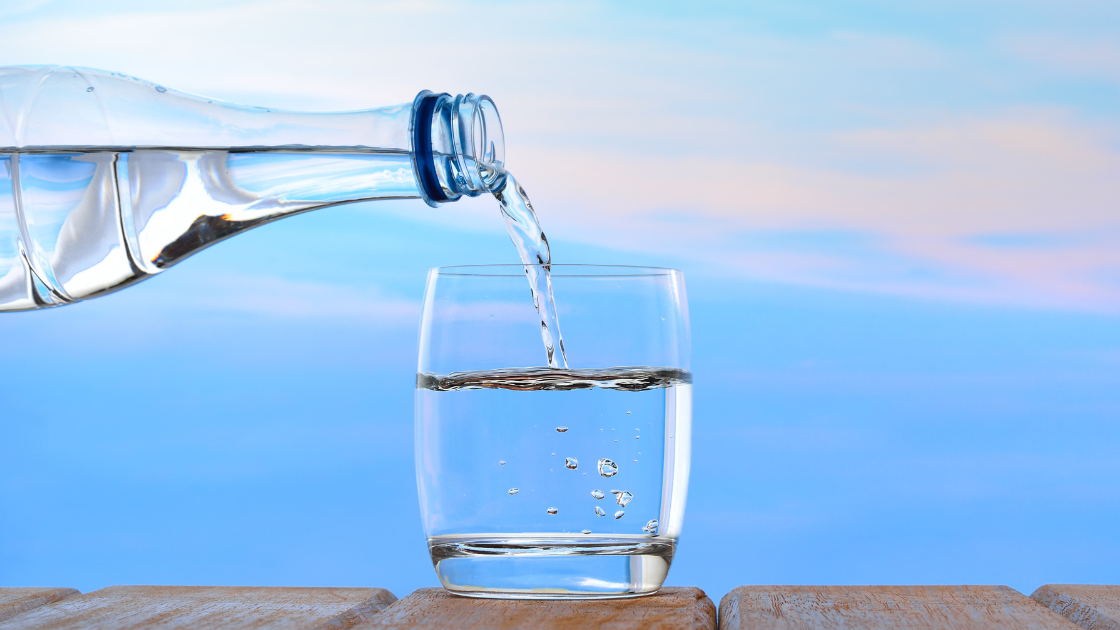We all know that fatigue is one of the main signs of dehydration. But why is this? Quite simply your body needs to be properly hydrated to function optimally and feel energised.

Here's what happens when you're dehydrated:
Your blood pressure drops, leading to poor circulation and reduced blood flow to your brain. This causes feelings of sleepiness. Dehydration can also cause headaches, as well as make you feel dizzy or lightheaded. These symptoms are caused by the loss of electrolytes like sodium and potassium, which are essential for proper bodily function.
When your body is even slightly dehydrated, it has to work harder to perform its basic functions. This increased effort can lead to feelings of fatigue. So if you're feeling tired, make sure to drink plenty of water throughout the day so you can get a good sleep at night.
The Link Between Dehydration and Fatigue
Several studies have shown that even a small amount of dehydration can lead to fatigue. In one study, participants who were just 1% dehydrated reported feeling fatigued, while those who were 2% dehydrated said they felt very tired.
Another study found that dehydration can negatively affect your mood, causing irritability and fatigue. The participants in this study who were dehydrated also had a harder time concentrating and experienced poorer short-term memory recall.
So if you're wondering how much water you should be drinking, the answer is: it depends on a number of factors, including your age, gender, activity level, and climate. However, a good rule of thumb is to drink 8 glasses of water per day.
If you're feeling tired, make sure to drink plenty of water throughout the day! Dehydration can cause headaches, as well as make you feel dizzy or lightheaded. These symptoms are caused by the loss of electrolytes like sodium and potassium, which are essential for proper bodily function.




















